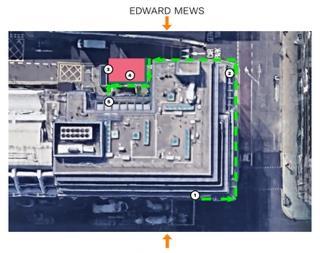The case of Mansoor Mahmood Hussain, who the National Crime Agency (NCA) believes laundered millions through his property empire, demonstrates the huge gaps in protection against money laundering that still exist in the property market.

Over two decades, Hussain developed his portfolio across West Yorkshire, Cheshire and London while posing as a legitimate businessman and has now surrendered around £10m of property following the NCA’s investigation.
The case highlights that while some may think financial crime is ‘victimless’ because it involves moving cash through property and banks, the reality is that it funds some of the most despicable criminal activity in the country. It shows that without the proper processes in place, we are allowing money launderers to use our property market to legitimise their activity, which is a danger to society.
That just one man was able to amass such an amount of wealth through illicit property deals shows how widespread the problem is, especially given the number of criminals involved in this activity across the UK and the rest of the world.

The threat from money laundering criminals is higher than ever before, and yet it has never been simpler for companies to protect themselves and carry out the most basic checks – electronically – to stop it at the front door.
SmartSearch has pioneered the most advanced, triple-layered anti-money laundering platform, which takes two seconds to perform a personal ID check. Increasing use of technology ensures businesses comply with all current regulations and protects them against criminal activity.
We urge the government to mandate that all know-your-customer and politically-exposed-person and sanction checks are electronic, as this will go a long way in the fight against the use of fraudulent documents, identity fraud and money laundering.
Martin Cheek is managing director of SmartSearch






























No comments yet